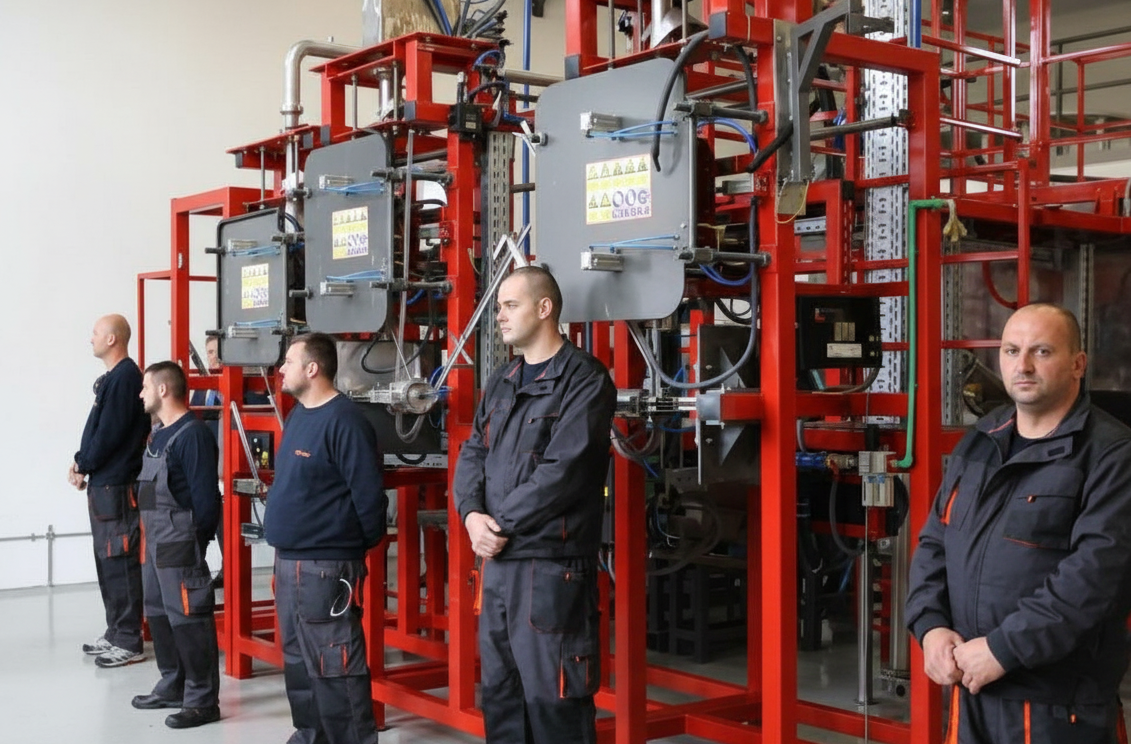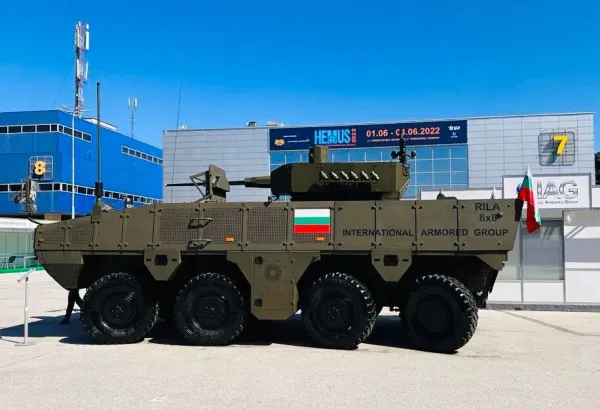Bosnia Expands Explosives Production Capacity as Tvek Opens Dual-Use Facility in Ljubija
Tvek’s KM 8.5 million expansion in Ljubija adds military explosive production to the factory’s existing mining services, officials say.

A new production line for mining and military explosives has begun operations at the Tvek plant in Ljubija, near Prijedor, marking an investment of 8.5 million convertible marks (KM). The expansion positions the factory to boost both civilian mining services and defense-related capabilities, local officials and company management said.
The mixed-ownership company Fabrika eksploziva “Tvek Ljubija,” which has operated since 2002, manufactures, stores and transports mining explosives and provides drilling and blasting services, international transport of hazardous cargo, and civilian firing-range services. The newly commissioned facility will add capacity for military-grade explosives alongside its existing civil production lines.
“From this site we removed and transported 80,000 cubic meters of poor material, prepared and installed 40,000 cubic meters, built 2.5 kilometres of power line and four kilometres of water network,” Tvek director Duško Dolinić told RTRS. He described the upgrade as the culmination of extensive site works that paved the way for the KM 8.5 million investment.
Dolinić also encouraged potential investors to visit Prijedor, pointing to positive experiences in working with the municipal administration and the region’s readiness for industrial projects.
Prijedor mayor Slobodan Javor said the new plant demonstrates the city’s potential in the explosives and mining sectors and helps place Prijedor “on the European map” for such industries. He emphasized the strategic importance of the expansion, noting that the factory will produce both mining explosives and munitions for military use.
The move underscores a broader trend in the Western Balkans where legacy industrial facilities are being upgraded to serve dual civil-military markets. For local authorities, the investment is pitched as a job-creating regional development; for others, the addition of military production capabilities will raise fresh questions about oversight, export controls and the regulatory framework governing defense-related manufacturing in Bosnia and Herzegovina.





